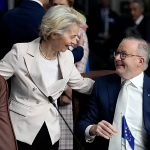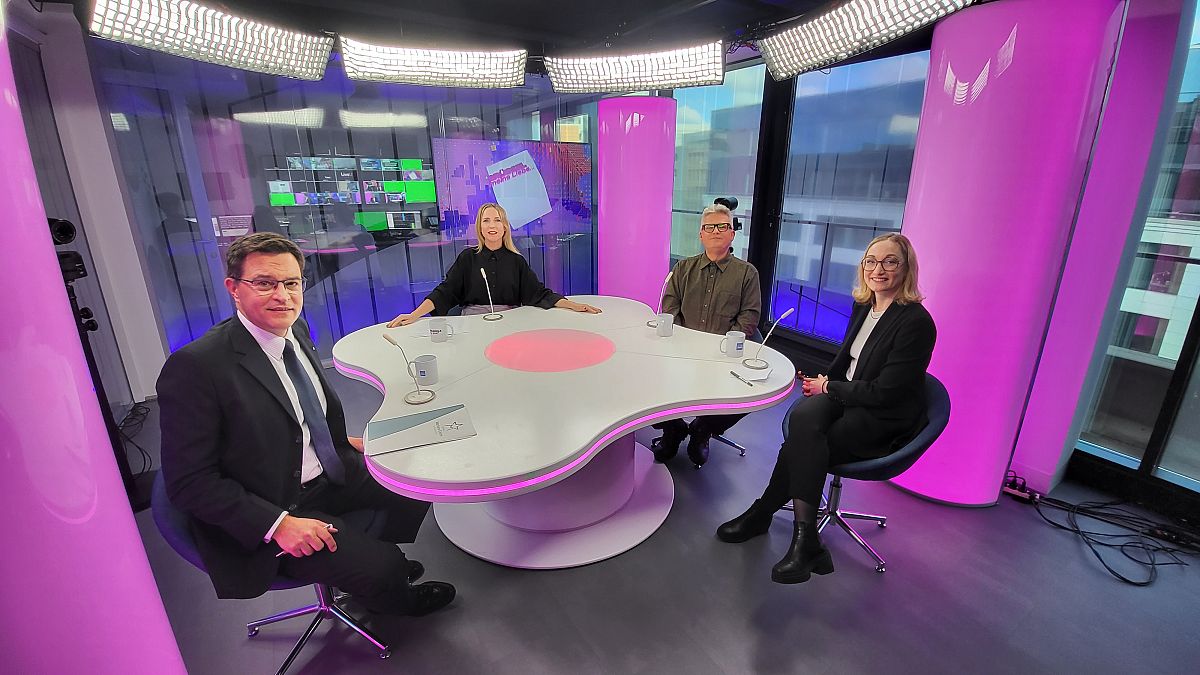The recent Austrian parliamentary elections saw a significant victory for the far-right Freedom Party, led by Herbert Kickl. Kickl, who promotes a “fortress Austria” agenda, hopes to become the next Austrian chancellor. However, he may face challenges as most parties are reluctant to work with him. The success of right-wing populist parties in Austria has been attributed to rising inequality, with Sophie Pornschlegel noting that such inequality often leads to a far-right vote.
Bruno Waterfield, Brussels correspondent for The Times, welcomed the results in Austria, describing it as a ‘populist civic revolt’. He believes that this political awakening in Europe is a positive development. The panel also discussed the recent EU-UK talks, with Prime Minister Keir Starmer traveling to Brussels to open a fresh chapter with European officials. Waterfield, who reported on Brexit for years, emphasized that the real challenges lie ahead as regular summits between the EU and the UK commence.
As the negotiations progress, Pornschlegel stressed the importance for the UK government to engage with Brussels rather than trying to establish bilateral deals with individual national capitals. Building constructive and collaborative relationships with EU officials will be crucial for the UK’s future relationship with the European Union. The detailed work involved in these negotiations will be challenging, as both sides navigate complex issues and seek to find mutually beneficial agreements.
Overall, the panel’s discussion highlighted the shifting political landscape in Europe, with the rise of right-wing populist parties and the complexities of the EU-UK relationship post-Brexit. The events in Austria serve as a reminder of the importance of addressing inequality and social issues to prevent the spread of far-right ideologies. The future of EU-UK relations will require careful negotiation and collaboration to ensure a productive and successful partnership moving forward.










